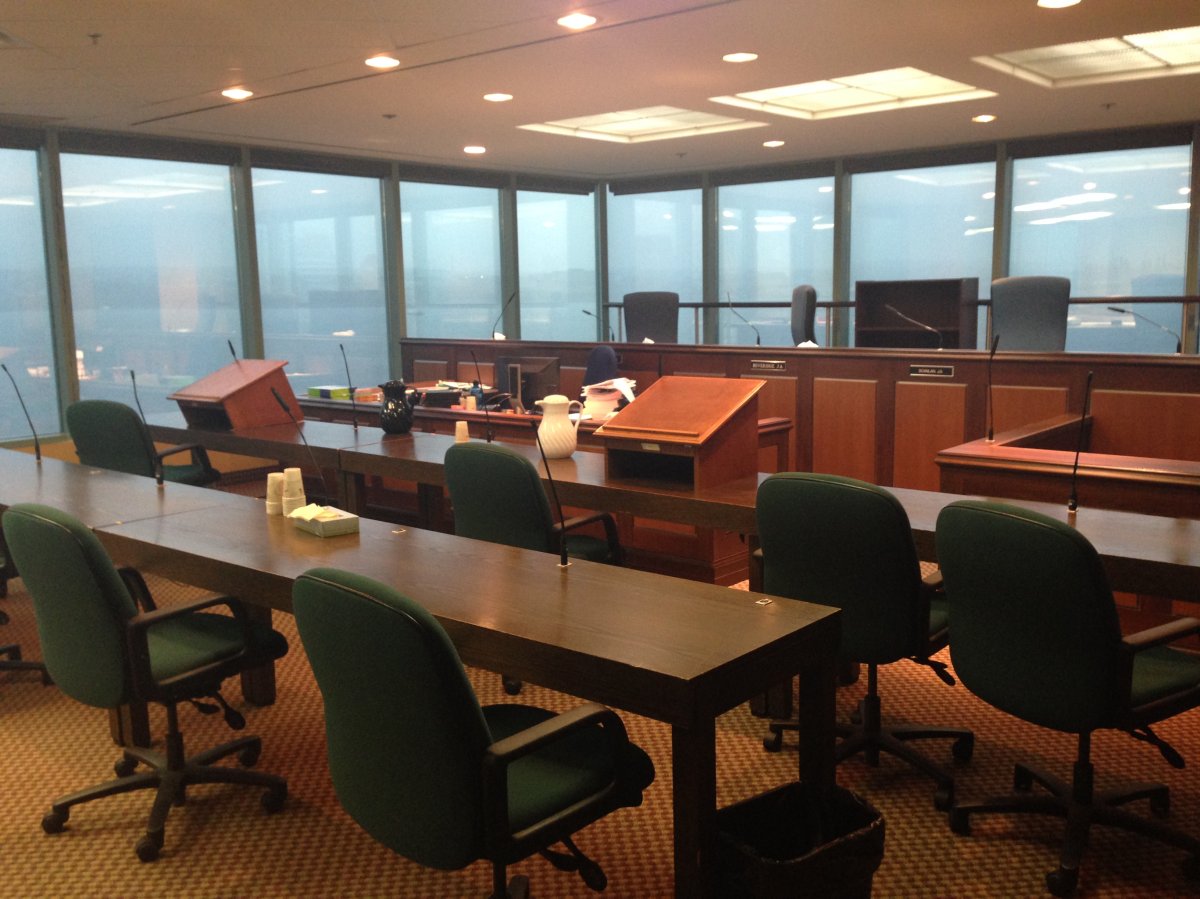HALIFAX – Nine lawyers made their way into the Nova Scotia Court of Appeal on Friday to argue if the stress exclusion in a section of the Workers’ Compensation Act violates a man’s constitutional rights.

John Dale worked as a provincial correctional officer in several institutions across the province for more than 30 years. He says he suffered from gradual-onset stress because of his work environment, but his claim to the Workers’ Compensation Board (WCB) was denied.
He is arguing that he’s being discriminated against because his mental illness is not recognized in the act’s definition of “accident.”
Section 2 (a) of the Workers’ Compensation Act states that the definition of accident does not include stress other than that which is an “acute reaction to a traumatic event.”
“The requirement for stress to be from an acute reaction to a traumatic event is wrong,” said Dale’s lawyer Kenneth LeBlanc. “It violates the constitution and that’s what we’re arguing.”
Lawyers representing the WCB, the attorney general of Nova Scotia, the province’s justice department and the Office of the Employer Advisor all argued against the appeal.
Roderick Rogers, the lawyer representing the WCB, argued the act’s stress exclusion is not discriminatory and workers do not experience prejudice from the differential treatment. He also argued that changing the act could lead to an increase in costs.
LeBlanc said he did not agree with that argument.
“There’s no requirement on the federal level and in other provinces for an acute reaction to a traumatic event and their workers’ compensation system seems to be doing just fine,” he said.
The Nova Scotia Court of Appeal has reserved its decision, and it is expected to be handed down in two to six months.




Comments